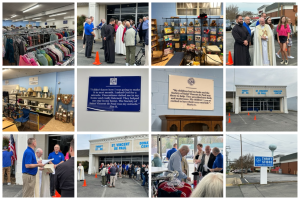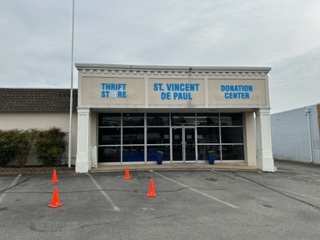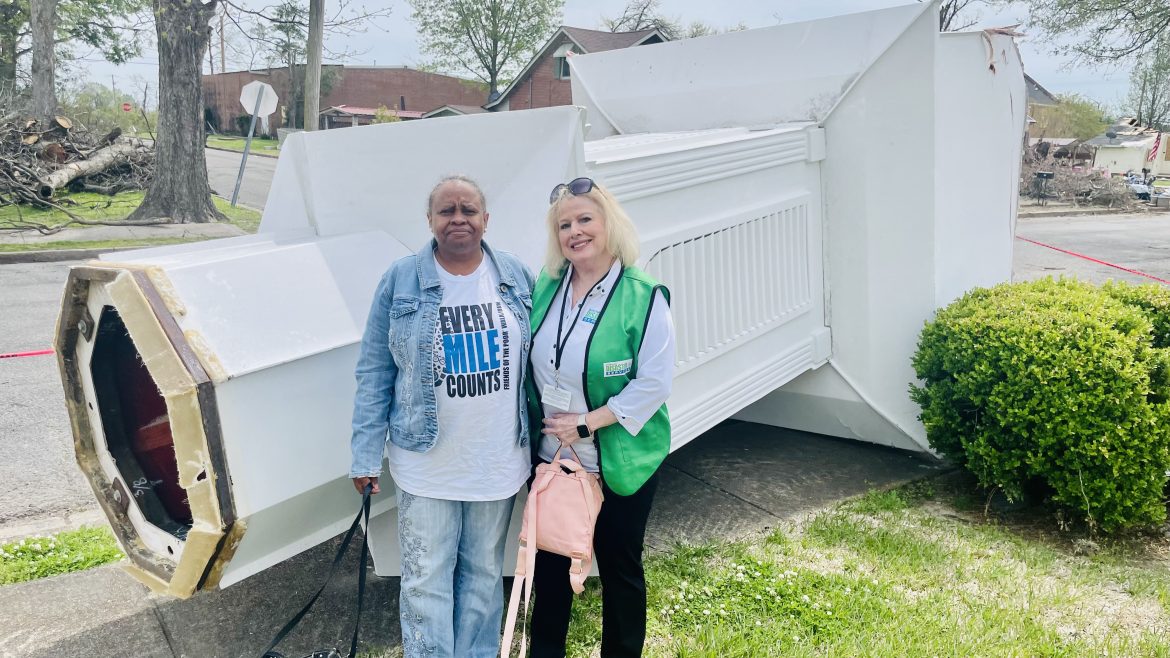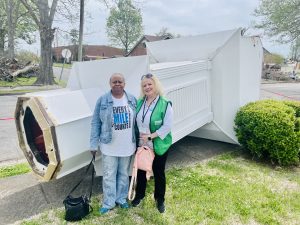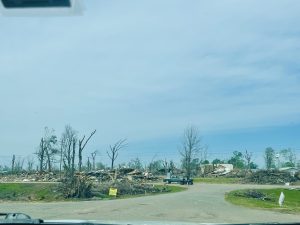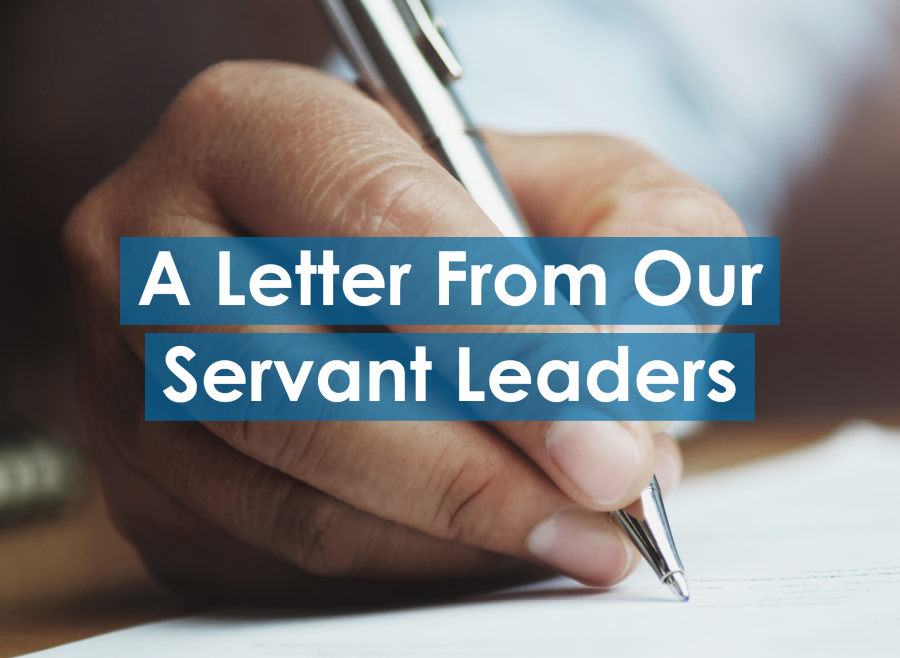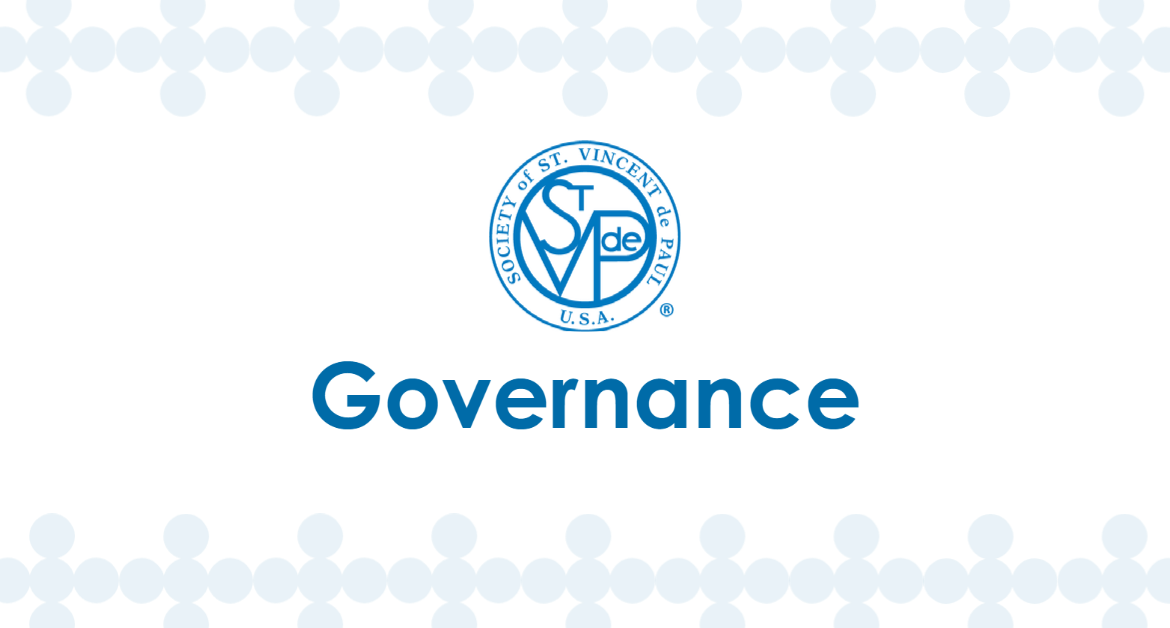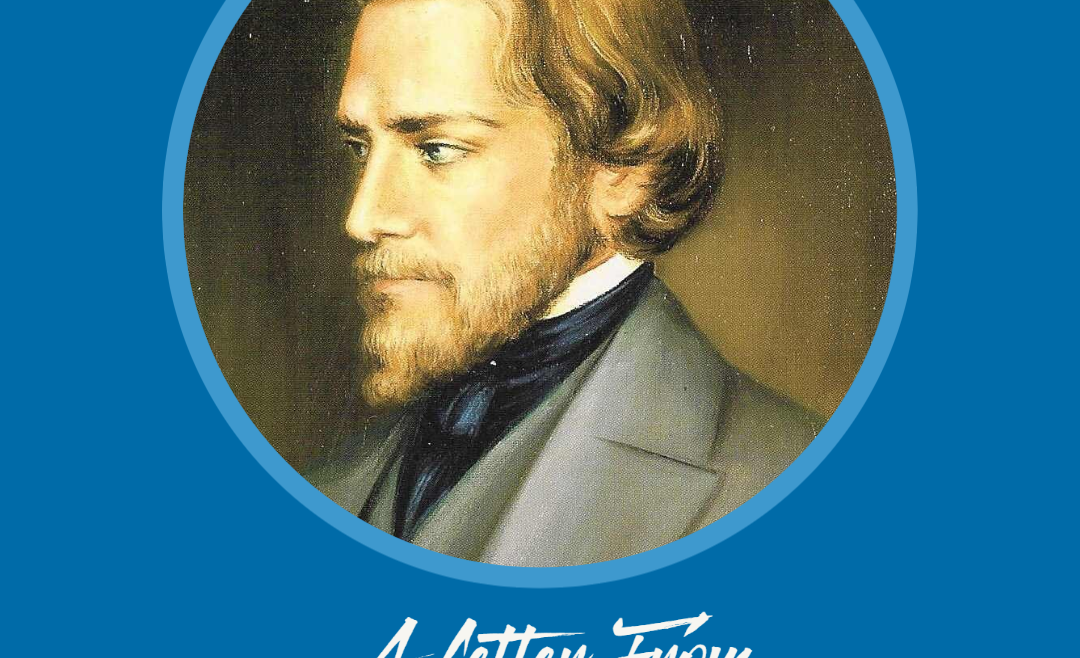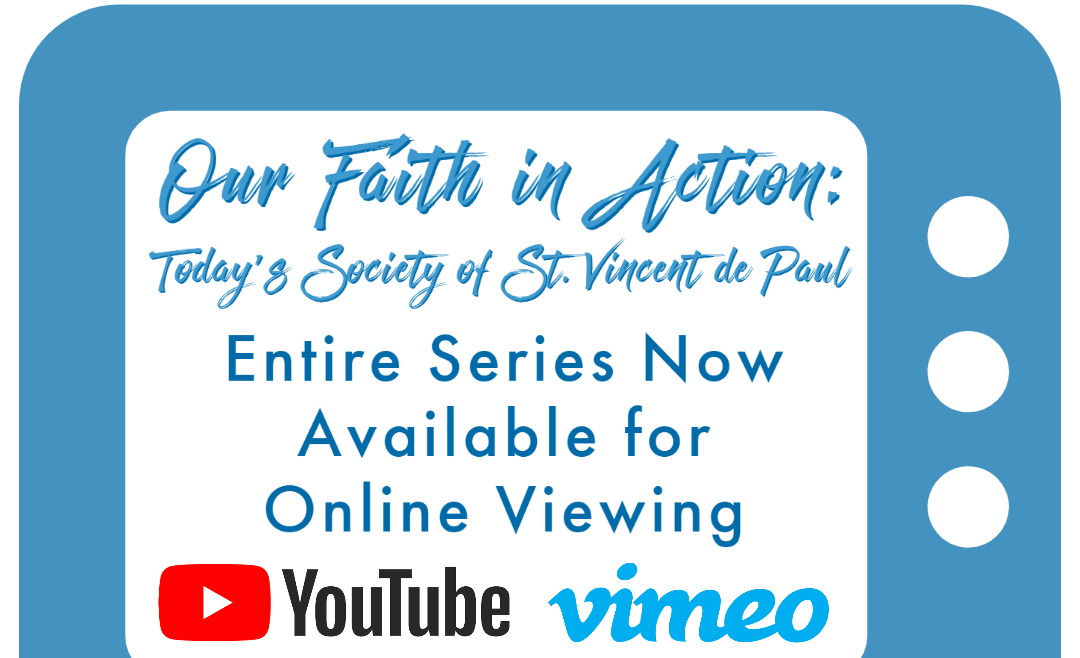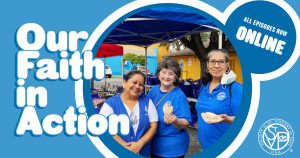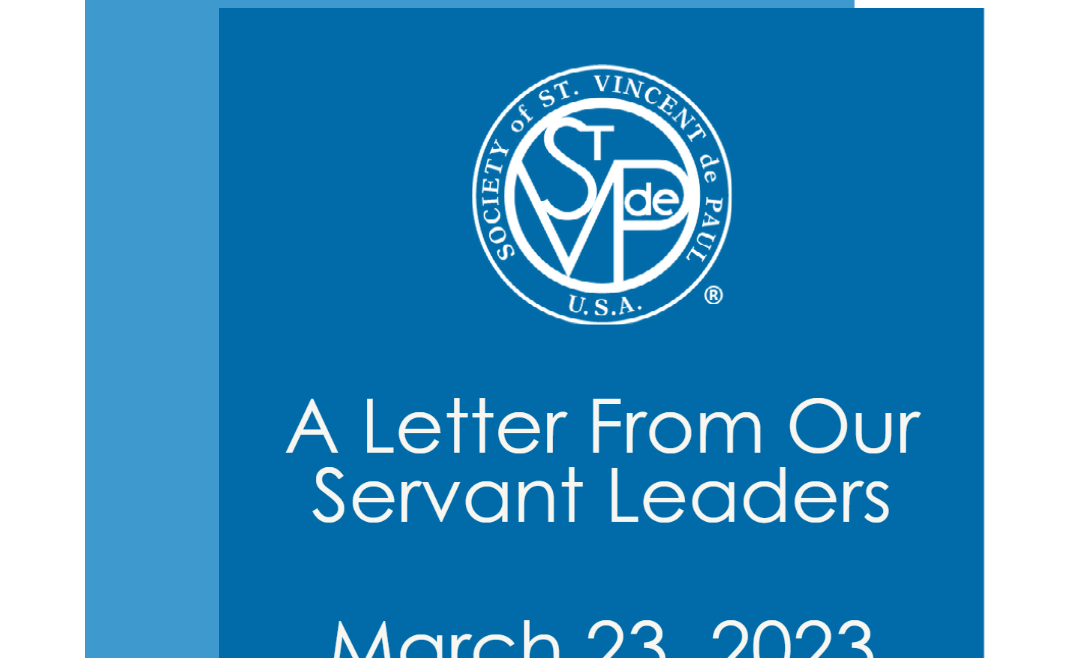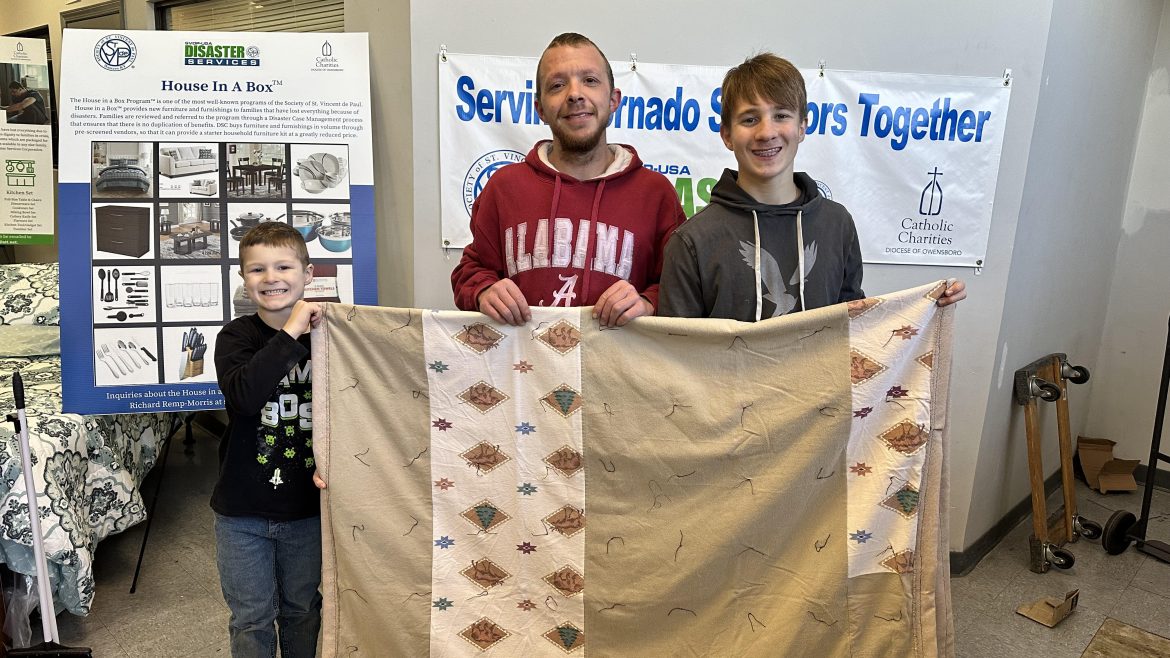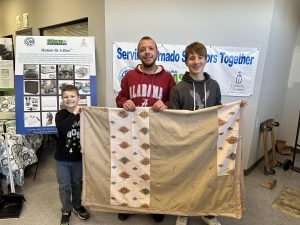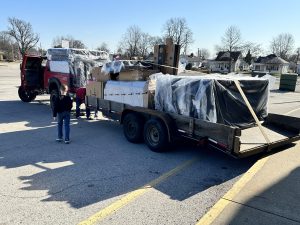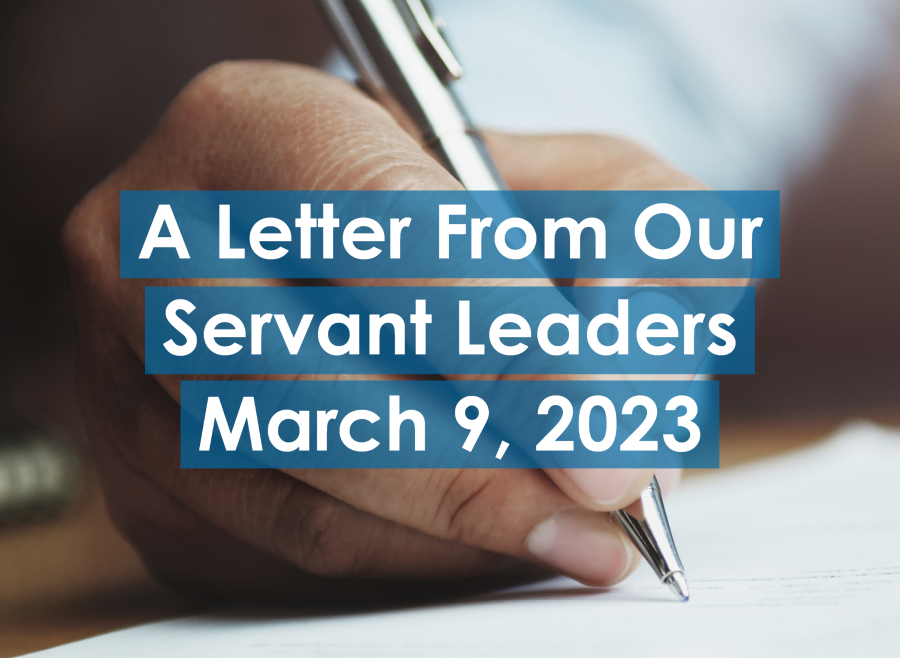Written by: Ed Markiewicz — Eastern Region, Council of Greensburg
The Council of Richmond initiated a new endeavor to support the mission and invigorate efforts to serve those in need.
When faced with the question of how to meet the increasing need for help, the Richmond Council discussed the idea of opening a SVdP Thrift Store and Donation Center and decided to form a committee to explore the idea.
Initial steps included: finding funding sources, locating a suitable building and location, identifying donation sources, leasing & legal requirements, operational set-up and management details.
Realizing guidance was available through the National SVdP; the Council knew where to turn for help.
Members Dan Kearns-Executive Director and Deacon Andy Cirmo-Spiritual Advisor, traveled to the National Assembly in Baltimore, MD to attend the National Stores Thrift Store Committee meeting to gather more information and assistance. They met with the Stores Committee Members and learned what resources and expert help was available on the National Stores website www.svdpusa-thriftstore.org.
Dan & Deacon Andy returned home with new enthusiasm and continued determination to make the first SVdP Thrift Store and Donation Center in the Richmond Diocese a reality.
Both Dan & Deacon Andy recognized the importance of the project, so Dan then visited the SVdP National Training Store in Phoenix, AZ to view the operations and procedures implemented in a successful store.
Dan met with Jeff Beamguard-National Stores Director, as well as other members of the Stores Committee who shared ideas and information that would help make the Richmond Store’s planning and opening as smooth as possible. Using the advice and guidance available, along with the resources on the website, the process began to move forward.
Deacon Andy’s extensive retail experience provided hands-on expertise with the layout of the site, utilizing every feature to create an effective presentation with an unobstructed views of all the goods, as well as a Boutique area, furniture displays and a children’s area, all creating a welcoming atmosphere.
On the right of the entrance, a small area was dedicated to advertising what the Society of St Vincent de Paul does, with informational flyers and an invitation to support and join.
After much planning and effective implementation, the opening day was set for Saturday April 15, 2023. A Dedication Blessing, sanctioned by the Bishop, took place on March 28, 2023, attended by the many volunteers and supporters.
Now open, the store can become just what was needed, not only to financially support the needs of the Council, but to create a visible presence for the Society. The store will become the face of St. Vincent de Paul in the Diocese of Richmond.
The opening day results and the days that followed proved to be astounding.
Congratulations to the Richmond Council on your first SVdP Thrift Store!
If you are considering opening a store in your region or are interested in ideas to improve your store’s operations, please consider attending the National Assembly Stores Meeting on September 6, 2023 in St. Louis, MO.
Please encourage your store personnel to subscribe to the to the e-Gazette, by emailing mboyer@svdpusa.org
If you have a topic that you would like addressed in a future Stores Corner article, please e-mail Jeff Beamguard, Director of Stores Support at jbeamguard@svdpusa.org.
